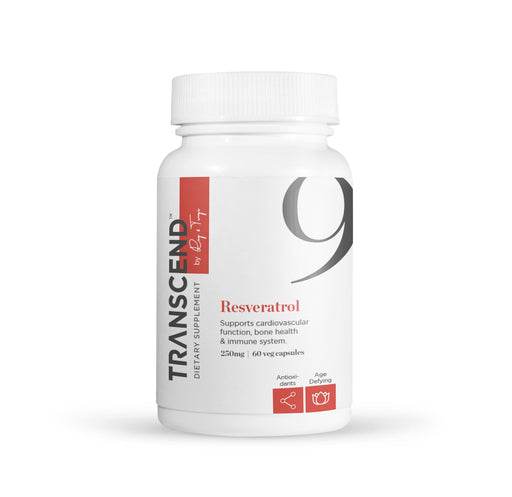
Vitamin B-12, Sublingual
Increased energy Improve mood Fight fatigue Common deficiency Better absorption Vitamin B12 (also called cobalamin) is one of eight water-solu...
View full details
The American “obesity epidemic” has received a lot of recent attention. And it’s no joke— two thirds of the country is overweight. Being just 20 percent overweight triples your risk of high blood pressure and type 2 diabetes and more than doubles your risk of heart disease. So, losing 10-20% of your weight will reduce your risk significantly.
Even better, reducing calories has been shown to lengthen life span in over 2,000 animal studies.
Applying moderate caloric restriction will not only help you reach your optimal weight gradually and stay there, but it will help you live a longer (healthy) life.
Find your maintenance calorie level and start eating that number of calories each day.
Once you attain your goal weight, you can reduce calories by an additional 10 to 20 percent to maintain nutritional intake while benefiting from the strategy of caloric restriction.
If fasting sounds like starving, take heart. You can actually do an easy daily fast, without feeling the hunger pangs. Terry recommends a 12 hour fast each day to help reduce calories. If you stop eating at night, around 7 or 8:00, for example, you end up with a twelve hour fast until you eat breakfast the next morning. Easy!
Damage to mitochondrial DNA greatly contributes to the aging process. Researchers are looking into way to stop, prevent and reverse this damage. One of the ways that caloric restriction benefits health and longevity may relate to CR’s ability to clean out mitochondrial damage.
Imposition of calorie restriction in mice has been shown to extend life span by around 40% even when initiated comparatively late in life. Intermittent fasting, such as alternate day fasting, results in similarly low calorie intake and noteworthy extension of life span,
In Okinawa, the cultural habit of calorie control called hara hachi bu, which means eat only until you are 80% full, has helped their society achieve significant increases in both youthfulness and longevity.
Eating less costs less too. Could the solution be that simple?
Go to Step 7 where we discuss “E”xercise.

Increased energy Improve mood Fight fatigue Common deficiency Better absorption Vitamin B12 (also called cobalamin) is one of eight water-solu...
View full details
Combat internal aging Protect cells from radiation damage Increase antioxidant capacity Take with lecithin for better absorption Optimal dose for...
View full details
2022 update: Future batches of this product will use a Ubiquinol product that is a greenish capsule rather than a red softgel Bioavailable form o...
View full details
A Kurzweil + Grossman Formula Continued Synergy between Science and Convenience Convenient dosage packets Top anti-aging products Increase energy...
View full details
Leave a comment